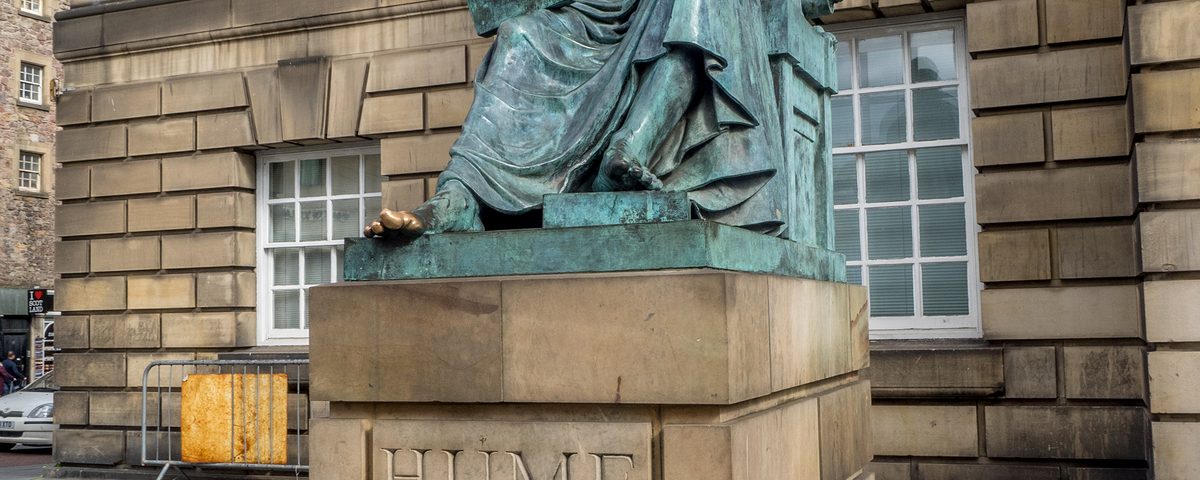Her Majesty’s Revenue and Customs (HMRC) lost its appeal today in a child tax credit case for UK refugees before the First Division of the Inner House of the Court of Session.
This is the first successful social security test case for refugees and tax credits in the UK. A similar test case is before the England and Wales Court of Appeal next week. Last year, the Scottish decision appealed against by HMRC was followed in R (on the application of DK) v HM Revenue and Customs [2021] EWHC 1845 (Admin). Bourne J did so on the broad ground of comity between the legal jurisdictions of the UK.
Although tax credits were abolished and replaced with Universal Credit on 1 February 2019, the law provided that particular groups of claimants – including refugees – had preserved rights if their claim was for a period that included 31 January 2019. UK social security law preserved the right to claim child tax credits from the original date of a claim for asylum in the UK, so long as a claim was made within one month of the date of refugee status.
HMRC argued that no such claim could ever be made as it was no longer possible to claim tax credits since the roll out of Universal Credit. The Court of Session disagreed.
Lord Woolman delivered the opinion of the First Division of the Inner House and said:
“[13] HMRC submit that article 7 excludes the claim. They argue that its terms are unambiguous. Once individuals are entitled to claim universal credit, they cannot claim backdated child tax credit. The attractive simplicity of that construction runs into three major difficulties.
The petitioners and respondents were represented in court by GLC’s Solicitor Advocate, Mike Dailly, instructed by Govanhill Law Centre. Laura McDonagh of Drummond Miller LLP acted as Edinburgh agents.
Rachel Moon, Senior Solicitor at Govanhill Law Centre said: “This is an important decision. Scotland highest civil court has confirmed that refugees who applied for asylum prior to 1 February 2019 have retained the important right to make a claim for a backdated payment of child tax credit. We would strongly encourage any refugees who applied for asylum before 1 February 2019 to seek advice to ensure that they receive all the payments they are entitled to.
It’s not known how many refugees have applied for a backdated payment of child tax credit after Universal Credit was introduced, only to be told it wasn’t possible for HMRC to process their claim. Govan Law Centre calls upon the UK Government to review past decisions made in cases such as these to ensure that all eligible claims for backdated tax credits are processed.
This successful outcome follows a tremendous amount of work by staff at Govan Law Centre and we want to thank our clients, Mr and Mrs Adnan, for pursuing this case. It’s stressful to go through a long case like this. We also want to thank CPAG and its legal team of solicitors and barristers in London for their very kind collaborative approach.”
Notes for editors
Govan Law Centre is community controlled and is one of the largest law centres in the UK. Govanhill Law Centre is part of Govan Law Centre.
